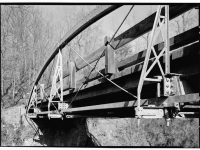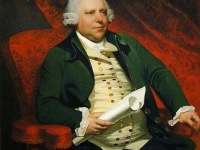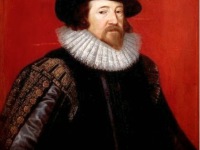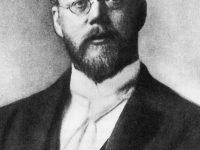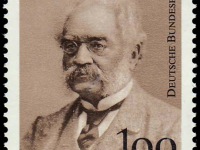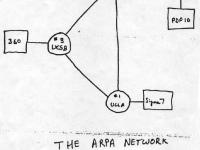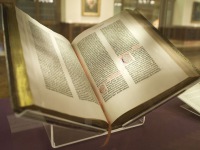Squire Whipple – The Father of the Iron Bridge
On September 16, 1804, US-American civil engineer Squire Whipple was born. He who provided the first scientifically based rules for bridge construction and has become known as the father of iron bridge building in America. The Civil Engineer Squire Whipple was born in Hardwick, Massachusetts, in 1804 the son of a farmer. He was exposed to construction sites and materials from early age, since his father designed, built and ran a cotton-spinning…
Read more

